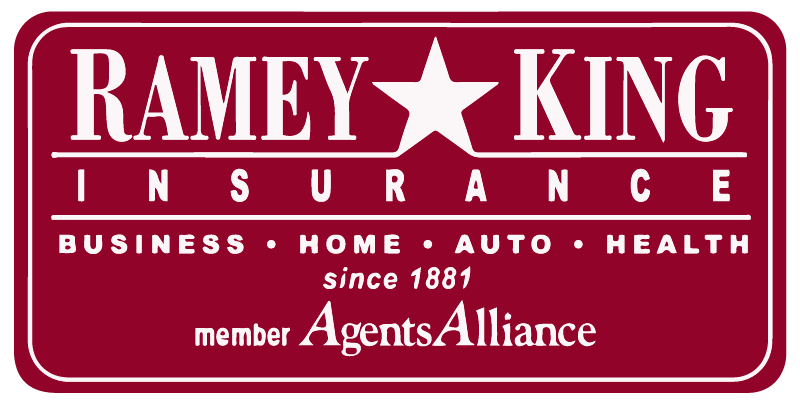 As a Commercial Real Estate Investor, you probably don’t like having your properties vacant. One thing many property owners don’t realize is that insurance companies don’t like it, either. In fact, your coverage could be affected if your building is considered vacant for too long. In some cases, an insurer may even cancel a policy mid-term.
As a Commercial Real Estate Investor, you probably don’t like having your properties vacant. One thing many property owners don’t realize is that insurance companies don’t like it, either. In fact, your coverage could be affected if your building is considered vacant for too long. In some cases, an insurer may even cancel a policy mid-term.
When is Insurance Coverage Affected?
It is possible that your insurer will consider your building vacant even if part of it is being used. For the most part, insurers define a vacant building as one with less than 31% in use. If a building is considered vacant for longer than 60 consecutive days, losses caused by vandalism, sprinkler leakage, glass breakage, or theft may be excluded entirely. If a loss is caused by any other peril, such as a fire or a tree falling through the roof, the claim may be reduced by 15%.
What Are Your Options?
Some insurers do offer a Vacancy Permit Endorsement, which is used to remove the limitations a policy has when a covered building is considered vacant. The endorsement applies to a specific time period, and must be obtained before a loss occurs.
Policy language and conditions can vary from one policy to another. Obtaining the required endorsement usually starts with completing a vacancy questionnaire from your insurer to see if you qualify. If you anticipate your building being vacant for a period of time, contact us so we can review your coverage to make sure you don’t find yourself in a situation where a loss you think is covered is not.



